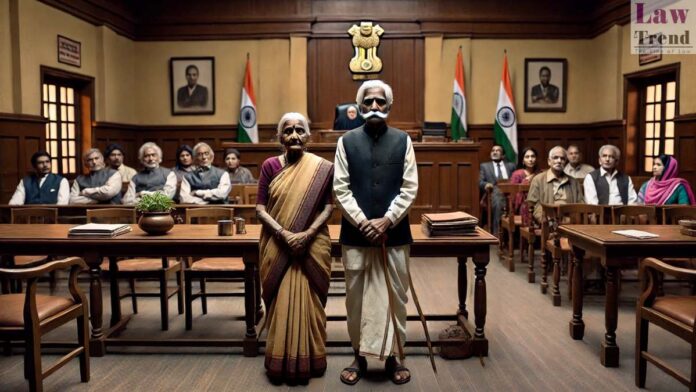In a significant decision aimed at protecting the rights and dignity of senior citizens, the Supreme Court of India ruled that a gift deed executed by an elderly woman in favour of her son could be annulled if the son failed to fulfill his obligation to care for her. The ruling underscores the importance of
To Read More Please Subscribe to VIP Membership for Unlimited Access to All the Articles, Download Available Copies of Judgments/Order, Acess to Central/State Bare Acts, Advertisement Free Content, Access to More than 4000 Legal Drafts( Readymade Editable Formats of Suits, Petitions, Writs, Legal Notices, Divorce Petitions, 138 Notices, Bail Applications etc.) in Hindi and English.




